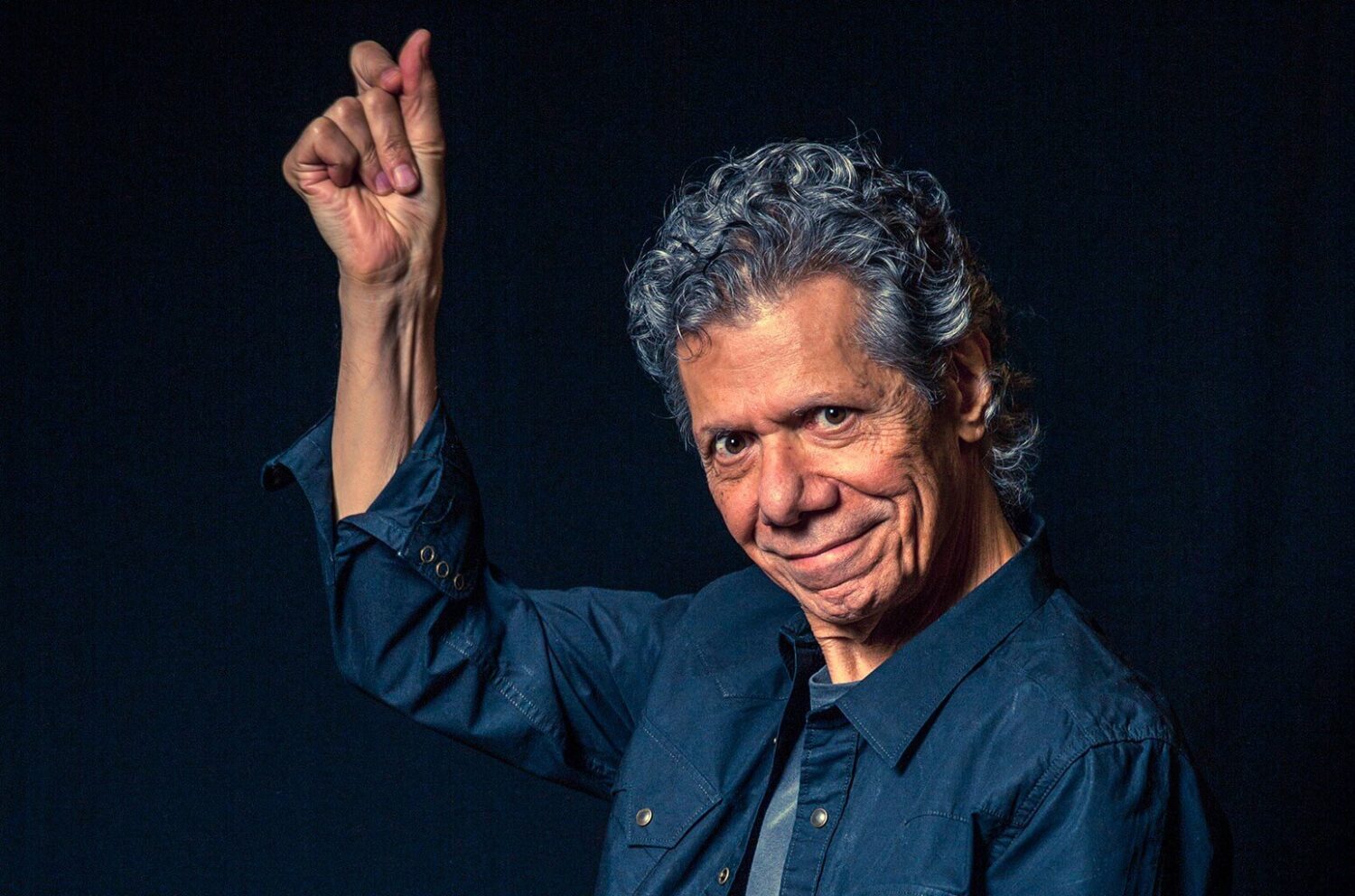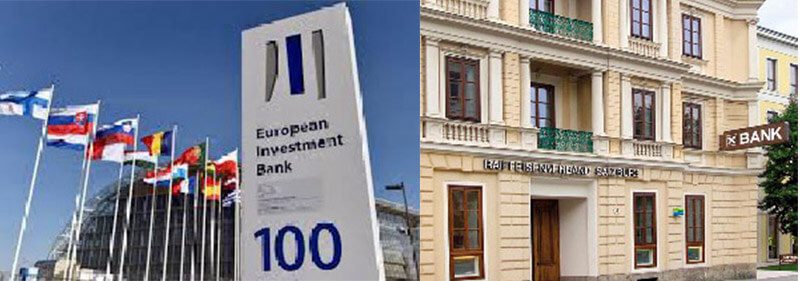- The shareholders of the European Investment Fund (EIF) have approved a 64% increase of the EIF’s share capital from €4.5 billion to €7.4 billion.
- The EIF’s capital increase will bring substantial additional resources to scale up support for the SME financing market, and venture and growth capital activity.
- The capital increase will enable the EIF to play a key role in rolling out InvestEU, the EU’s investment programme for 2021-2027, thereby also supporting the green and digital transformation of the EU economy.
- As part of the EIB Group’s response to the COVID-19 crisis, the EIF is also putting in place significant packages to support small businesses across Europe.
- The EIF had another record year in 2020, signing operations with a total volume of €12.9 billion benefiting Europe’s economy.
The shareholders of the European Investment Fund (EIF) have approved a 64% increase in its total authorised capital from €4.5 billion to approximately €7.4 billion. With this decision, the General Meeting of shareholders – the European Investment Bank, the European Union represented by the European Commission and 38 public and private financial institutions – gave a strong signal to further extend EIF activity to support European businesses, in particular SMEs, through a series of innovative financial products.
As a result of the capital increase, the EIF will be well-placed to mobilise significantly greater financial support, facilitating access to finance for SMEs and small midcaps, and strengthening the venture and growth capital ecosystem in Europe. The EIF will be well equipped to continue pursuing EU policy objectives, help roll-out the InvestEU programme and in particular finance the green and digital transformation of the EU economy. This will be implemented through a diverse range of products including guarantee instruments, securitisation, micro finance and a reinforcement of the private equity and venture capital business which remain key axes of SME financing support.
The capital increase will help EIF to deploy a significant portion of the new €26 billion InvestEU programme of the European Union, thereby contributing to a wide array of EU policy goals. In parallel, the EIF is well-placed to roll-out SME-focused activities including the EIB Group’s €25 billion Pan-European Guarantee Fund, an initiative aiming to shield businesses against the damaging effects of the pandemic.
EIB Vice-President and Chairman of EIF’s Board of Directors, Dario Scannapieco said: “The EIB Group has been at the forefront in the fight to tackle coronavirus both inside and outside the EU. We are delighted to have strengthened the Group through a decisive increase in EIF’s delivery capacity, allowing it to address the urgent needs businesses are currently facing across the European Union and boost their growth going forward.”
European Commission Executive Vice President, Valdis Dombrovskis said: “I am very pleased that, together with the EU, the other EIF shareholders agreed to strengthen this Fund. This means that the EIF will be fully equipped to implement the InvestEU programme, to help EU businesses in emerging out of the crisis, and to support the green and digital transformation of the EU economy.”
EIF’s Chief Executive, Alain Godard welcomed the strong support of EIF’s shareholders: “The need for EIF support for businesses is now more pressing than ever. The capital increase gives us more firepower to support Europe’s businesses and to address the economic fallout of the COVID-19 crisis. Our mission to support SMEs across Europe remains crucial to stimulating growth, employment and innovation in Europe. In addition to alleviating the effects of the crisis, this capital increase will help us to better address Europe’s ambitions in the fields of digitalisation, innovation, social cohesion and green transformation.”
The EIF has been innovating with new instruments and initiatives in areas from space tech and artificial intelligence, to inclusive finance and social impact, channelling private capital towards public policy objectives. Last year, the EIF had another record year, signing operations with a total volume of EUR 12.9 billion – an increase of 26% on 2019. In 2020, by efficiently multiplying the effect of public resources, the EIF generated much-needed financing for more than 370,000 SMEs and small mid-caps, sustaining around 2.8 million jobs.
The COVID-19 crisis has a strong impact on the EIF’s business and the demand for EIF products. For both business lines, debt and equity, the demand for most EIF products has sharply increased and – due to the magnitude of the economic challenge – a quick reaction to supply and implement decisive measures was commensurate.
Background information:
The European Investment Fund (EIF) together with the European Investment Bank, form the European Investment Bank group. The EIF’s central mission is to pursue the objectives of the EU in supporting Europe’s micro, small and medium-sized businesses, notably by helping them to access finance, achieve growth, innovate, digitalise and perform in a green economy. EIF designs and develops both venture and growth capital, guarantees and microfinance instruments which specifically target these market segments.












